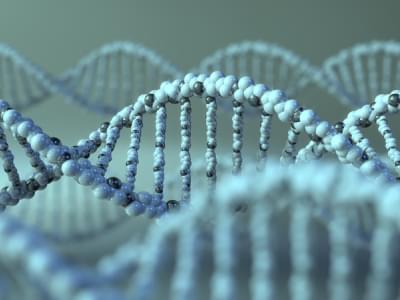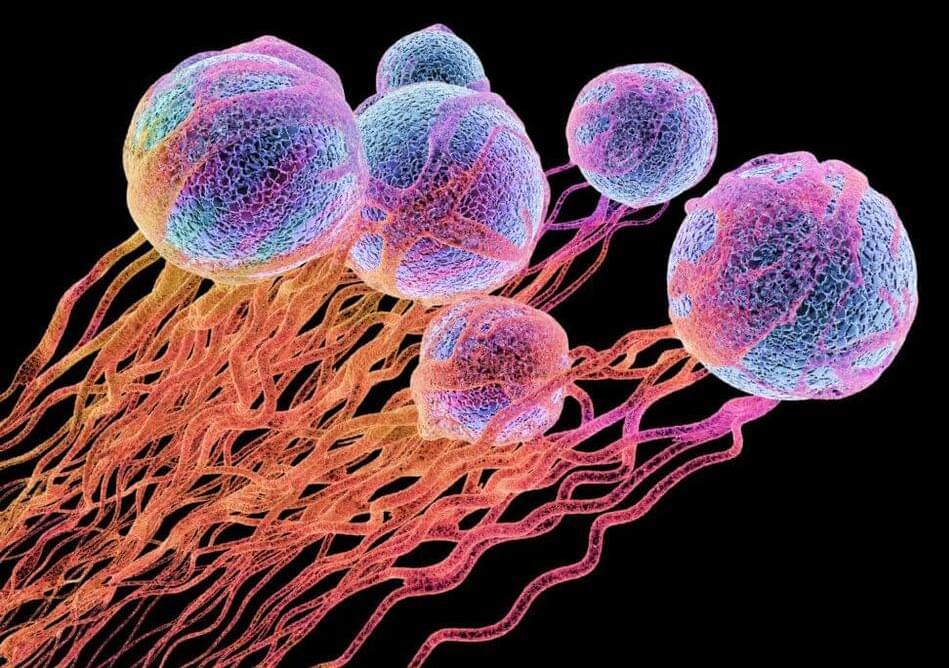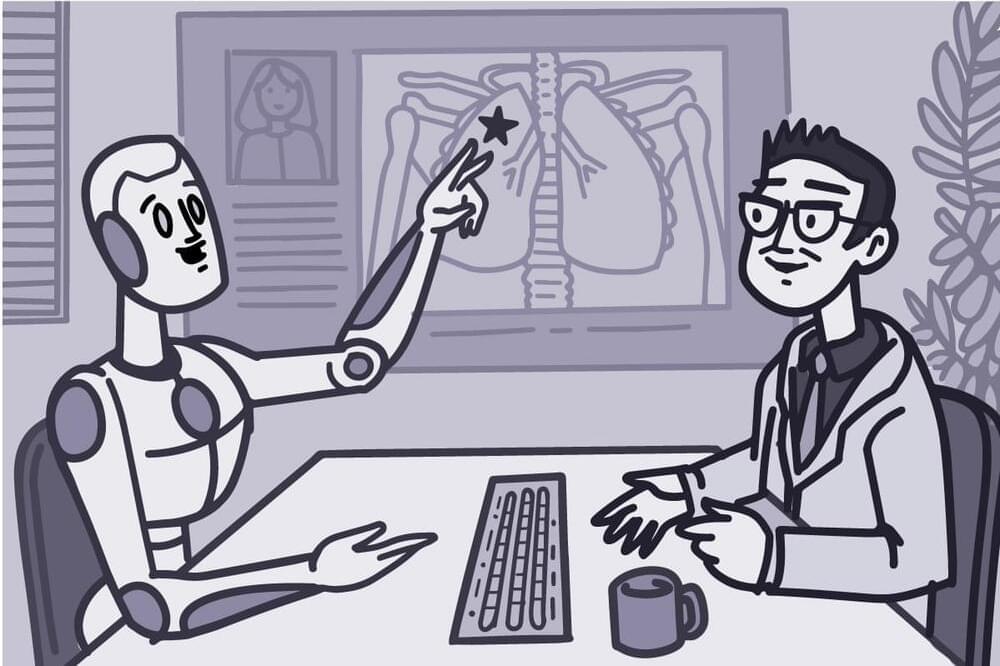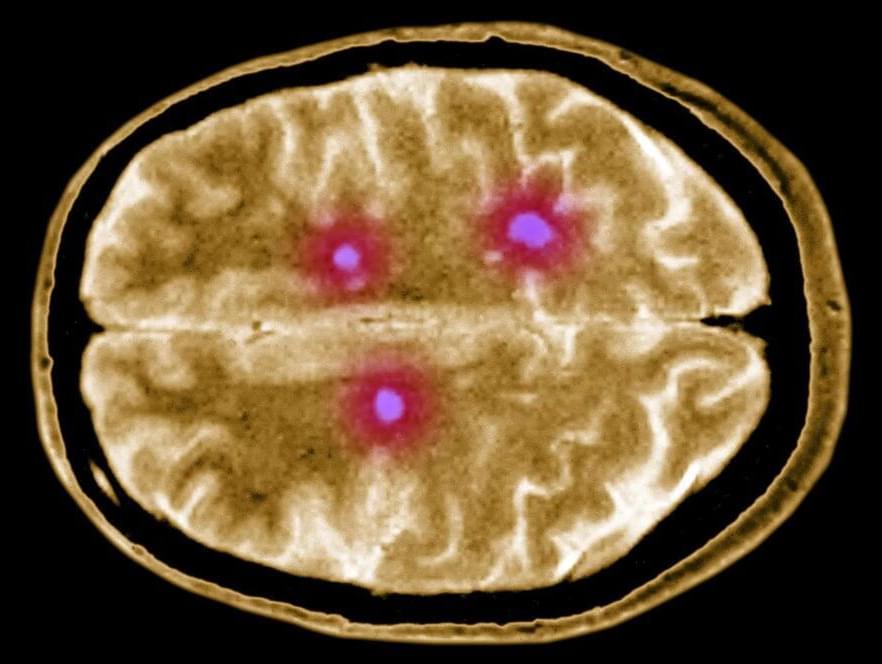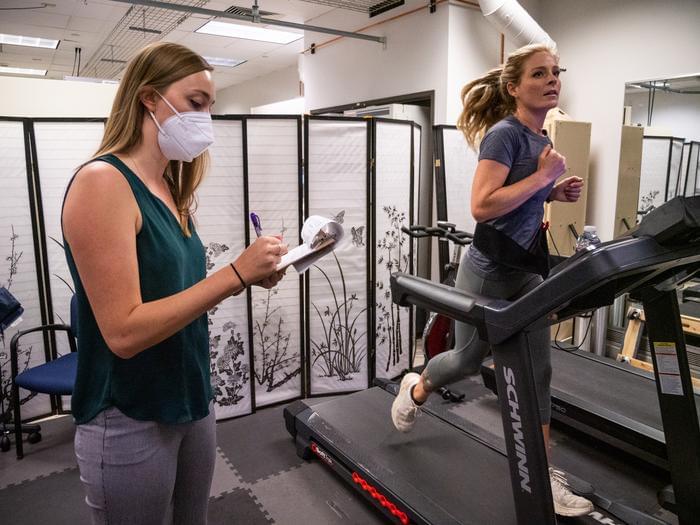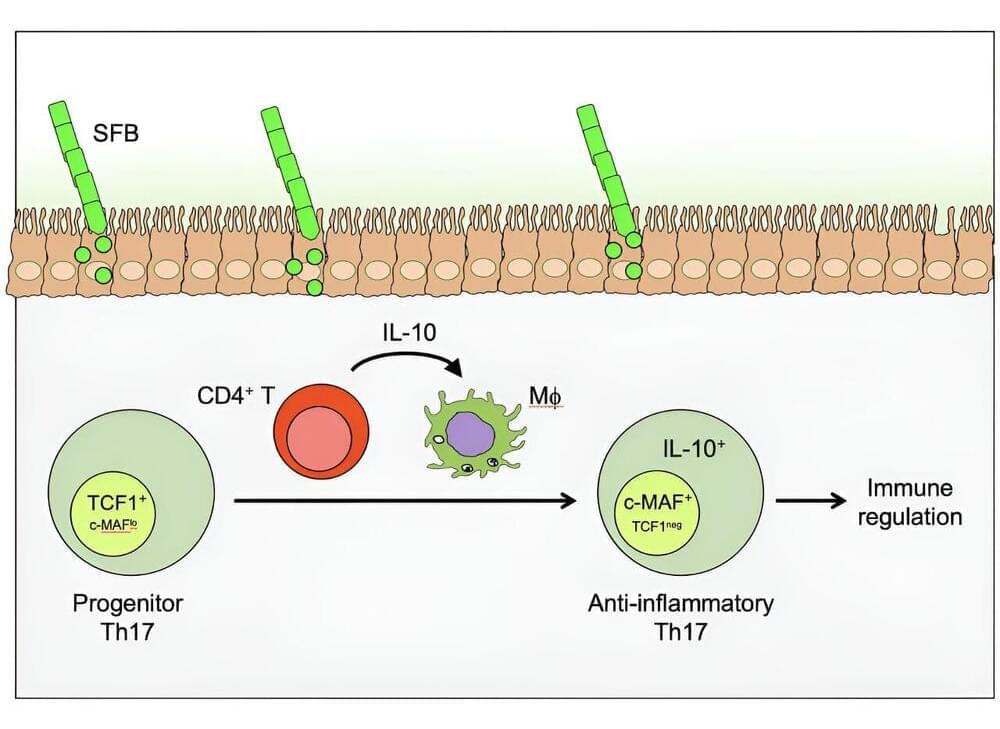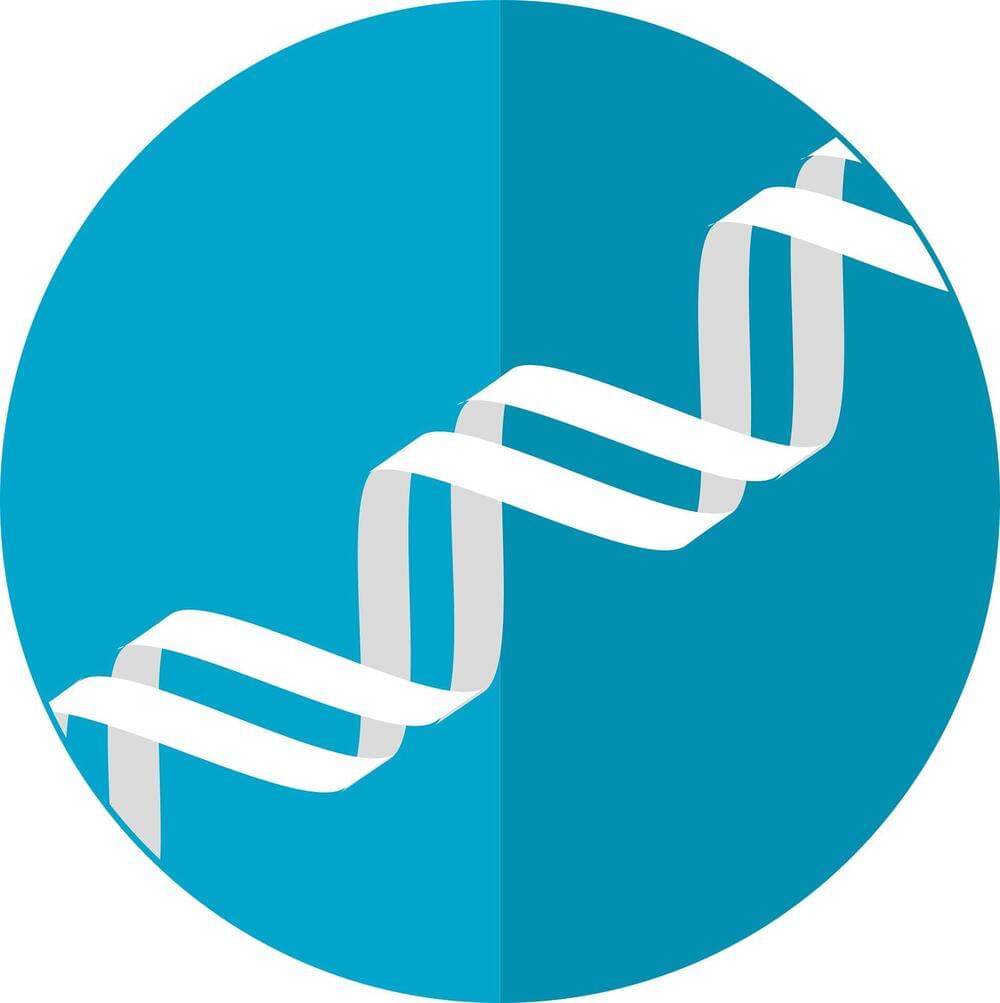
In the largest study of its kind, scientists report how combining health data with whole genome sequence (WGS) data in patients with cancer can help doctors provide more tailored care for their patients.
The research, published in Nature Medicine, shows that linking WGS data to real-world clinical data can identify changes in cancer DNA that may be relevant for an individual patient’s care, for example by helping identify what treatment might work best for them based on their cancer.
The study, led by Genomics England, NHS England, Queen Mary University of London, Guy’s and St Thomas’ NHS Foundation Trust and the University of Westminster, analyzed data covering over 30 types of solid tumors collected from more than 13,000 participants with cancer in the 100,000 Genomes Project. By looking at the genomic data alongside routine clinical data collected from participants over a 5-year period, such as hospital visits and the type of treatment they received, scientists were able to find specific genetic changes in the cancer associated with better or worse survival rates and improved patient outcomes.

